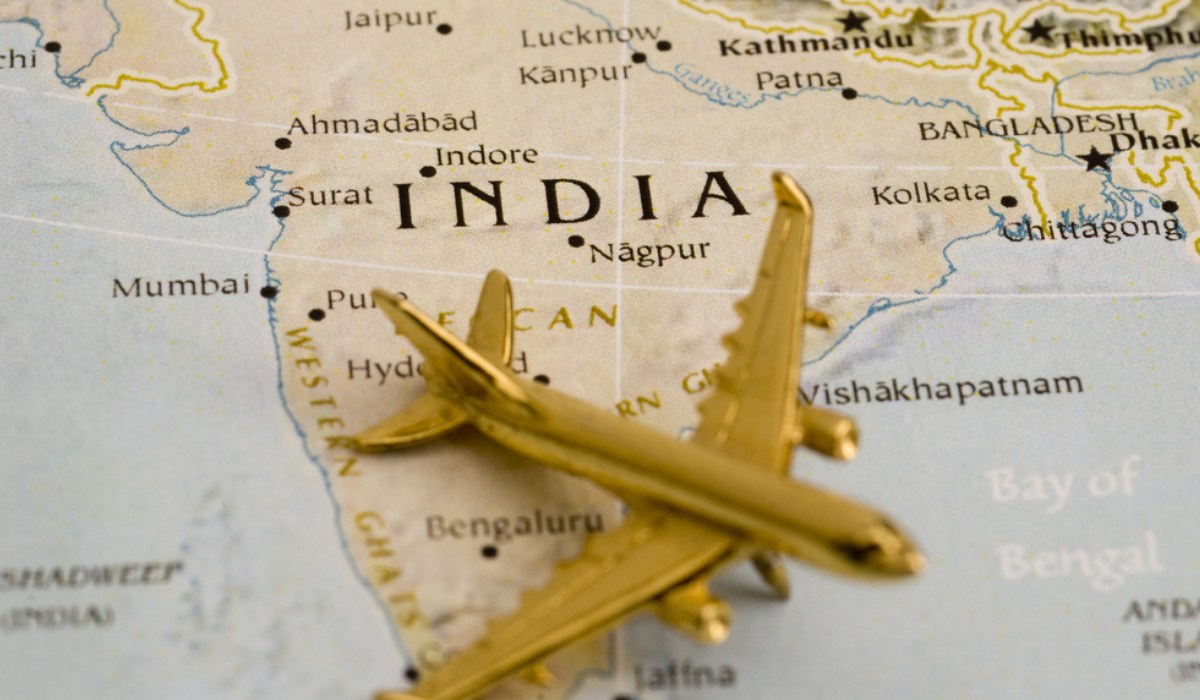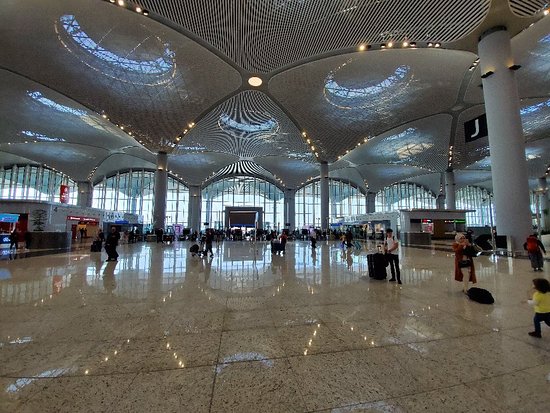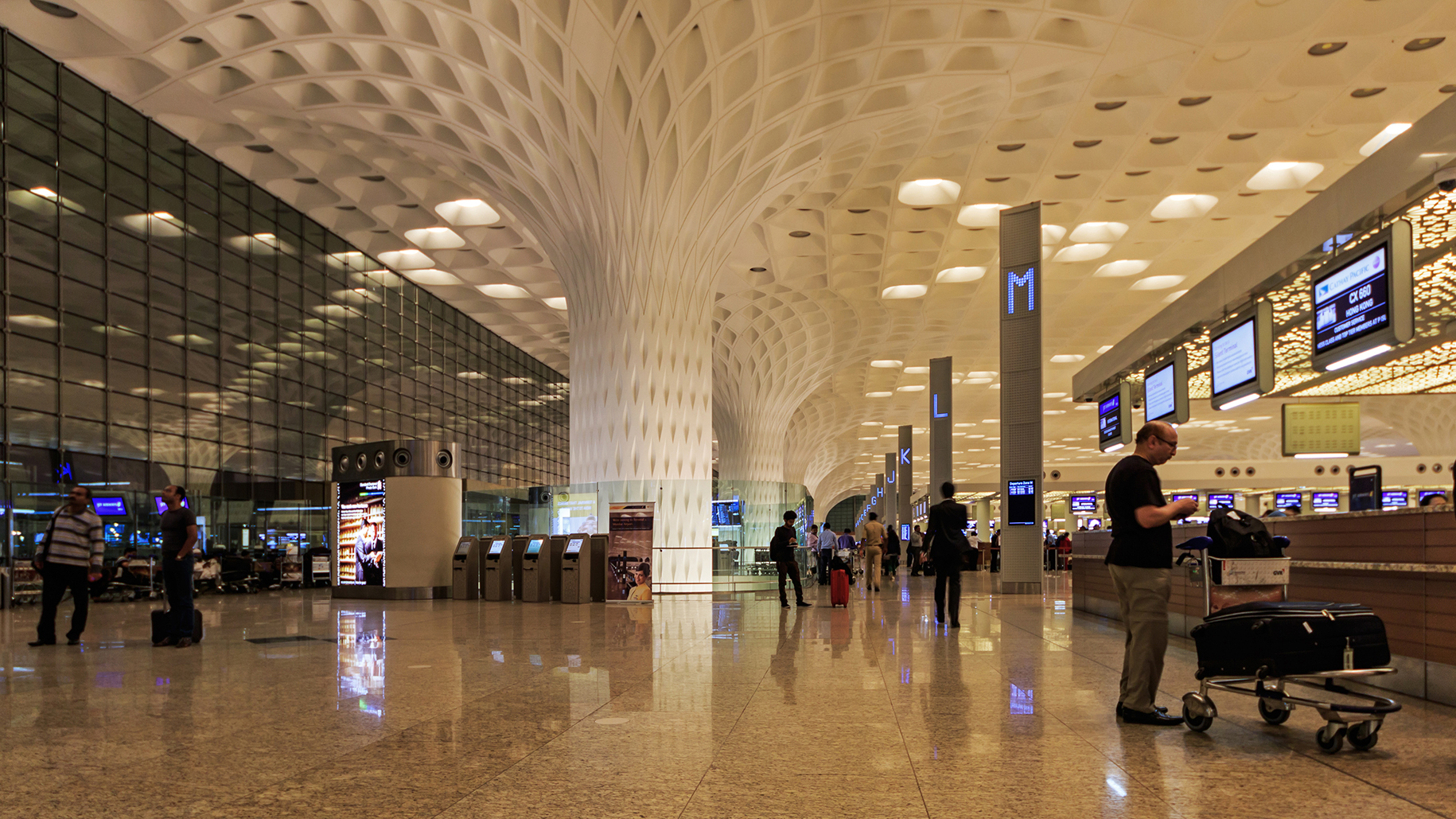This guide will provide information on the different types of visas that are available to British citizens wishing to travel to India. It will also provide an overview of the visa application process, and offer advice on how to best prepare for a trip to India.There are a number of different types of visas that can be granted to British citizens travelling to India. The most common type of visa is the tourist visa, which is valid for a stay of up to six months. This visa can be granted for a single or multiple entries into India.Other types of visas that are available to British citizens include the business visa, the student visa, and the medical visa. The business visa is valid for a stay of up to one year, and can be granted for a single or multiple entries. The student visa is valid for a stay of up to five years, and can be granted for a single or multiple entries. The medical visa is valid for a stay of up to six months, and can be granted for a single or multiple entries.The visa application process can be quite complicated, and it is important to ensure that all of the relevant documents are prepared and submitted correctly. TOURIST VISA FOR INDIA
1. Applying for an Indian Visa as a British Citizen
As a British citizen, you need a visa to travel to India. The good news is that the process of applying for an Indian visa is relatively straightforward, and can be done entirely online. In this article, we’ll walk you through the process step-by-step, so you can get your Indian visa with minimal hassle.
Before You Apply
The first thing you need to do is make sure you have all the required documents. The list of required documents differs slightly depending on the type of visa you’re applying for, but in general you will need the following: INDIA TOURIST VISA
A valid passport with at least six months of remaining validity and two blank pages
A passport-sized photo
A credit or debit card for payment
An email address
Once you have all the required documents, you’re ready to begin the application process.
Step 1: Create an Account
The first step is to create an account on the Indian visa application website. You will need to provide your name, date of birth, passport number, and email address. Once you have created your account, you will be given an application ID. Keep this ID handy, as you will need it later in the process.
Step 2: Fill Out the Application
Once you have created your account, you can begin filling out the application. The application is relatively straightforward, and can be completed in around 30 minutes. You will need to provide information about your travel plans, employment, and criminal history. BUSINESS VISA FOR INDIA
Step 3: Pay the Fee
Once you have completed the application, you will need to pay the visa fee. The fee can be paid online using a credit or debit card. The current fee for a tourist visa is $160.
Step 4: Schedule an Interview
After you have paid the visa fee, you will need to schedule an interview at the nearest Indian consulate. The interview is a brief meeting where a consular officer will verify your identity and ask you a few questions about your travel plans.
Step 5: Attend the Interview
On the day of your interview, you will need to bring your passport, application ID, and a print-out
2. The Types of Indian Visa Available to British Citizens
The process of applying for a visa to travel to India can be daunting, but it doesn’t need to be. Here is a complete guide to the types of Indian visa available to British citizens, along with all the information you need to know about each one. INDIAN VISA FOR BRITISH CITIZENS
There are two main types of Indian visa available to British citizens: the e-Tourist visa and the e-Business visa.
The e-Tourist visa is valid for 60 days from the date of arrival in India and allows for multiple entries into the country. It is perfect for those who are planning to travel around India and want to be able to visit multiple places without having to apply for a new visa each time.
The e-Business visa is valid for a longer period of time, up to 1 year, and allows for multiple entries into India. It is ideal for those who are planning to do business in India or who need to travel there frequently for work.
Both of these visas can be applied for online and the process is relatively simple. You will need to have a valid passport and a credit or debit card in order to apply.
Once you have submitted your application, you will receive a confirmation email with your visa attached. You will then need to print this out and take it with you when you travel to India.
It is important to note that you will need to have your visa before you travel, as you will not be able to get one on arrival. Make sure you apply for your visa well in advance of your trip to avoid any issues.
Now that you know the basics of the two main types of Indian visa available to British citizens, you can start planning your trip to this amazing country. INDIAN VISA FOR US CITIZENS
3. The Requirements for an Indian Visa
The requirements for an Indian visa can vary depending on which country you are a citizen of. For British citizens, the process is relatively simple and straightforward. Here is a step-by-step guide to help you through the process:
- Firstly, you will need to fill out an online application form. This can be found on the website of the Indian High Commission or Embassy in your country.
- Once you have completed the online application form, you will need to print it out and sign it.
- Along with the signed application form, you will need to submit a recent passport-sized photograph.
- You will also need to submit your passport. This should be valid for at least six months from the date of your proposed travel to India.
- In some cases, you may also be required to submit additional documents, such as a letter of invitation from an Indian host or proof of onward travel.
- Once you have submitted all of the required documents, you will need to pay the visa fee. This can be done online or in person at the Indian High Commission or Embassy.
- Once your application has been processed, you will be issued with an electronic visa. This can be used for travel to India for business, tourism or medical purposes.
The requirements for an Indian visa are subject to change, so it is always best to check with the relevant authorities before you travel.
4. The Application Process for an Indian Visa
The application process for an Indian visa for British citizens is a relatively simple and straightforward process. However, there are a few things that you need to keep in mind in order to ensure that your application is successful.
The first thing that you need to do is to make sure that you have all the required documents. These include a valid passport, two passport-sized photographs, and a completed visa application form. You can download the visa application form from the website of the Indian High Commission in London.
Once you have all the required documents, you need to submit your application in person at the Indian High Commission. You can also submit your application by post, but it is advisable to submit it in person so that you can track the status of your application.
The processing time for an Indian visa for British citizens is usually around 4-6 weeks. However, it is advisable to apply for your visa well in advance of your planned travel date so that you don’t have to face any last-minute problems.
Once your visa is approved, you will need to pay the visa fee. The visa fee is currently £60 for a single-entry visa and £90 for a multiple-entry visa. You can pay the visa fee by credit card, debit card, or bank transfer.
Once your visa application is approved and you have paid the visa fee, you will receive your visa by post. You need to ensure that you have a valid visa before you travel to India.
The validity of an Indian visa for British citizens is usually for a period of 6 months from the date of issue. However, it is advisable to check the visa requirements of the particular country that you are planning to visit so that you are aware of the specific requirements.
When you are planning your trip to India, it is important to keep in mind the various restrictions that are placed on foreign nationals. For example, you need to obtain a permit if you want to visit certain restricted areas in India.
It is also important to note that you need to have a valid passport and visa to be able to enter India. If you are found to be without a valid passport or visa, you may be



